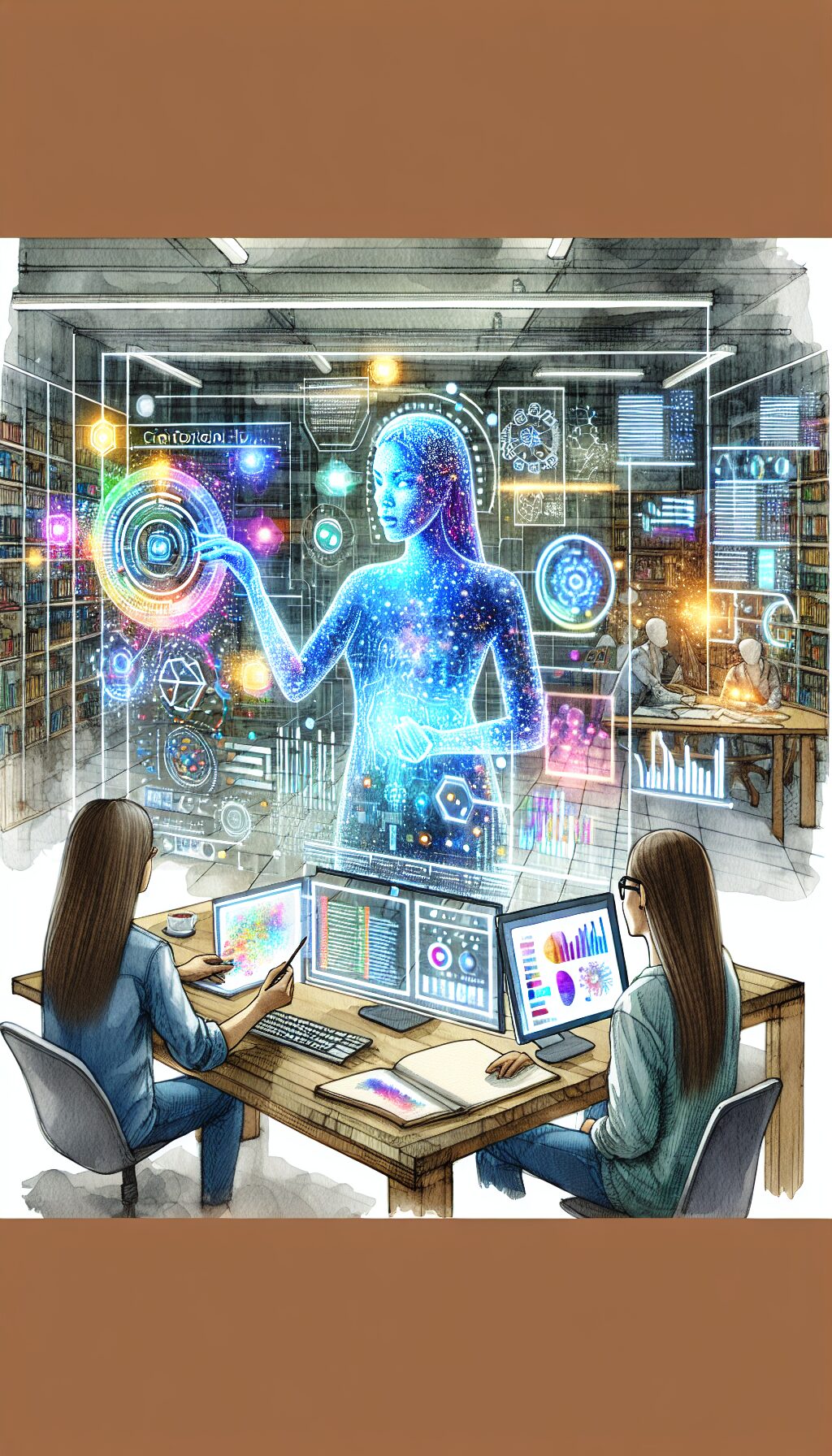The Rise of AI-Generated Blog Posts
Over the past decade, the digital landscape has witnessed a remarkable transformation with the integration of artificial intelligence into content creation. AI-generated blog posts have evolved from simple, formulaic outputs to sophisticated narratives capable of mimicking human tone, style, and nuance. This shift is largely due to advancements in natural language processing models, such as GPT and its successors, which have enabled machines to understand context and produce coherent, engaging text.
Businesses and individual bloggers alike have embraced AI tools to streamline the writing process, enabling rapid content generation at scale. This has been particularly advantageous for industries requiring frequent publishing schedules, such as news media, marketing agencies, and e-commerce platforms. However, the rise in AI-generated content also raises questions about originality, authenticity, and the future role of human writers.
As AI continues to improve, it blurs the lines between human-generated and machine-generated content. Readers may find it increasingly difficult to discern whether a blog post was crafted by a person or an algorithm. This evolution challenges traditional notions of authorship and creativity, prompting both excitement and scepticism across the writing community.
Ethical Considerations and Content Authenticity
The proliferation of AI-generated blog posts introduces complex ethical dilemmas surrounding transparency and trustworthiness. One major concern is the potential for misinformation or biased content to be disseminated at scale without proper oversight. Since AI models learn from vast datasets that may contain prejudices or inaccuracies, they risk perpetuating harmful stereotypes or falsehoods unintentionally.
Moreover, the lack of clear disclosure regarding AI involvement in content creation can erode reader trust. Websites that fail to inform visitors whether their articles are machine-generated might be perceived as deceptive once this information comes to light. As a result, there is increasing advocacy within digital publishing circles for explicit labeling of AI-produced texts.
Despite these challenges, some argue that AI can enhance authenticity by assisting writers in fact-checking and generating diverse perspectives quickly. The key lies in responsible deployment—ensuring human oversight remains integral to verify accuracy and maintain editorial standards. Ultimately, ethical frameworks must evolve alongside technological capabilities to safeguard the integrity of online content.
The Impact on SEO and Digital Marketing Strategies
Search Engine Optimisation (SEO) has always been a cornerstone of effective digital marketing strategies. With AI-generated blog posts entering the fray, marketers are reevaluating how they approach content creation to maximise online visibility. AI’s ability to produce keyword-rich articles tailored for specific audiences offers a competitive edge in driving organic traffic.
However, search engines like Google are continuously updating algorithms to prioritise high-quality, original content over mass-produced or spammy material. This dynamic compels marketers to strike a balance between leveraging AI efficiency and maintaining genuine value for readers. Over-reliance on automated posts risks penalties or diminished rankings if perceived as low-quality or manipulative.
In response, savvy marketers integrate AI tools as assistants rather than replacements—using them for initial drafts or idea generation while refining output through human expertise. This hybrid approach helps sustain engagement metrics such as dwell time and social sharing, which remain critical signals for SEO success.
Future Trends: Towards Collaborative Creativity Between Humans and Machines
Looking ahead, the relationship between human writers and AI-generated blog posts is poised to become increasingly collaborative rather than competitive. Emerging technologies aim to empower content creators with intelligent assistants that complement their skills instead of supplanting them. For instance, AI can analyse audience insights in real-time to suggest relevant topics or optimise tone based on demographic preferences.
Creative partnerships might also expand beyond text generation into multimedia storytelling by integrating visuals, audio, and interactive elements seamlessly. Such synergy could redefine what constitutes compelling blog content in an age where attention spans are fragmented across numerous digital platforms.
Ultimately, embracing this collaboration requires openness to experimentation and continuous learning among writers and marketers alike. By harnessing AI’s strengths while preserving human creativity and critical thinking, the future of blogging promises richer experiences for both creators and audiences.
Notes
- By 2025, over 50% of new blog content globally is estimated to incorporate some form of AI assistance.
- Studies show that readers prefer blogs with transparent disclosure about AI involvement in their creation.
- Hybrid models combining AI output with human editing yield higher SEO performance than purely automated posts.

